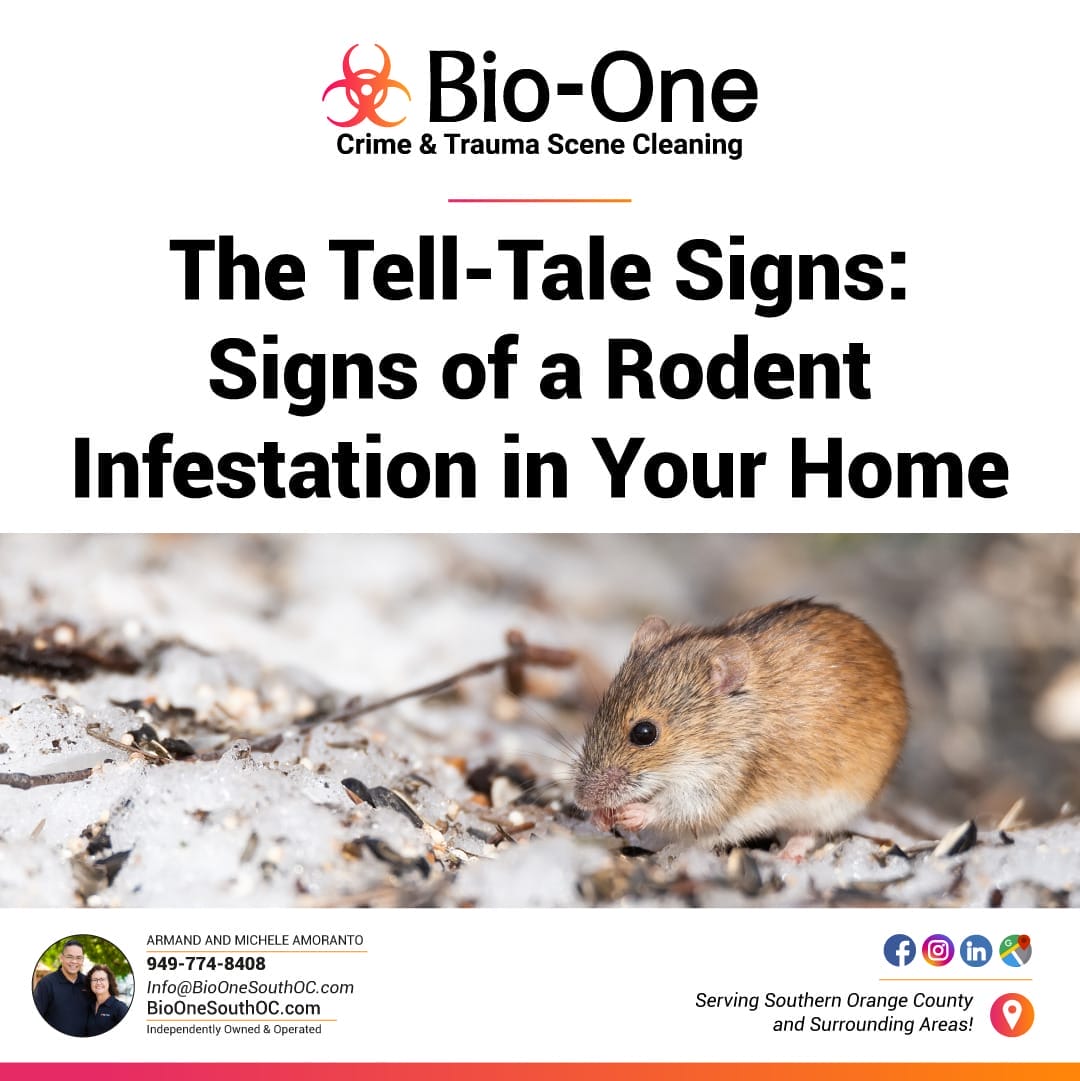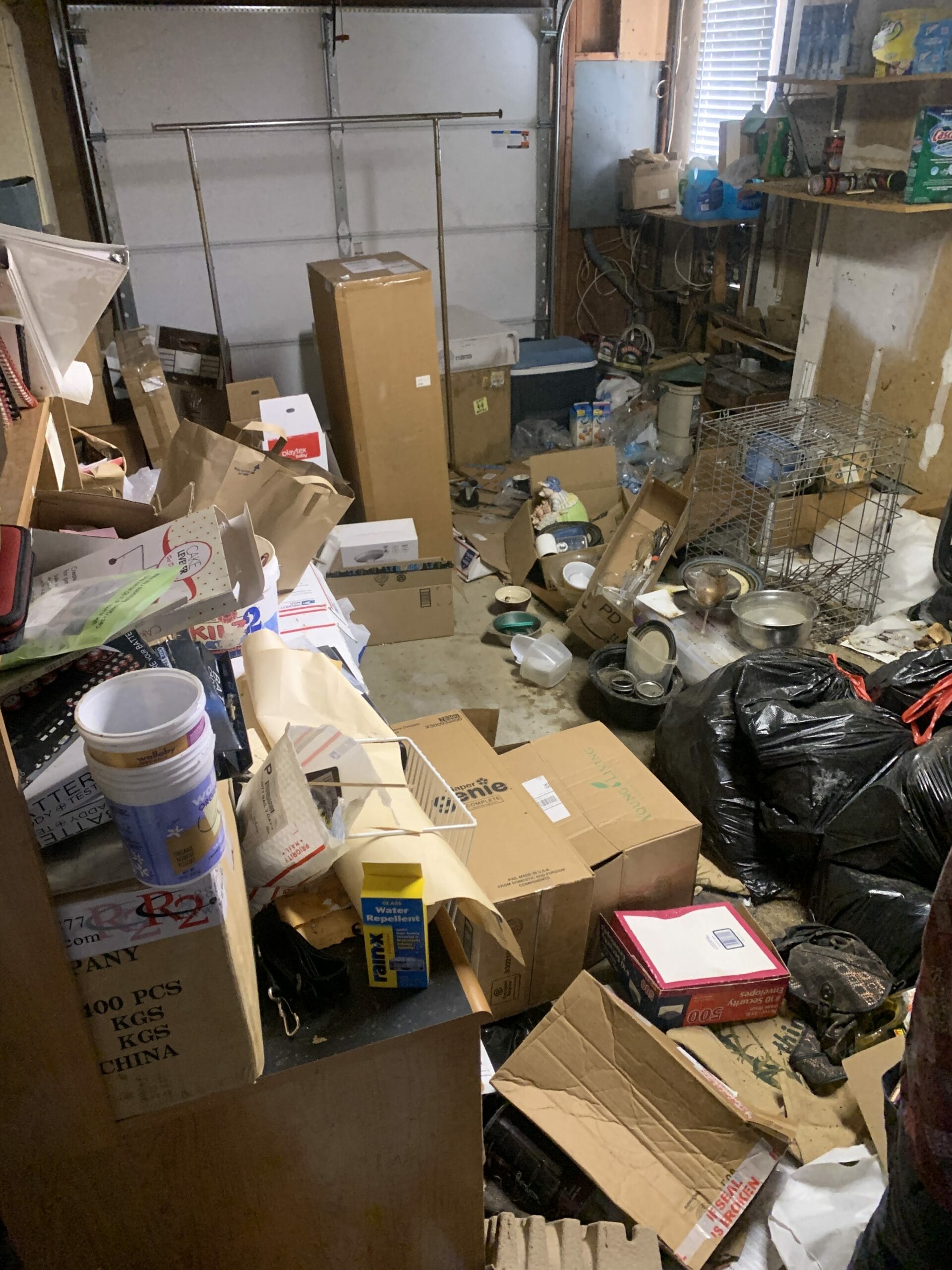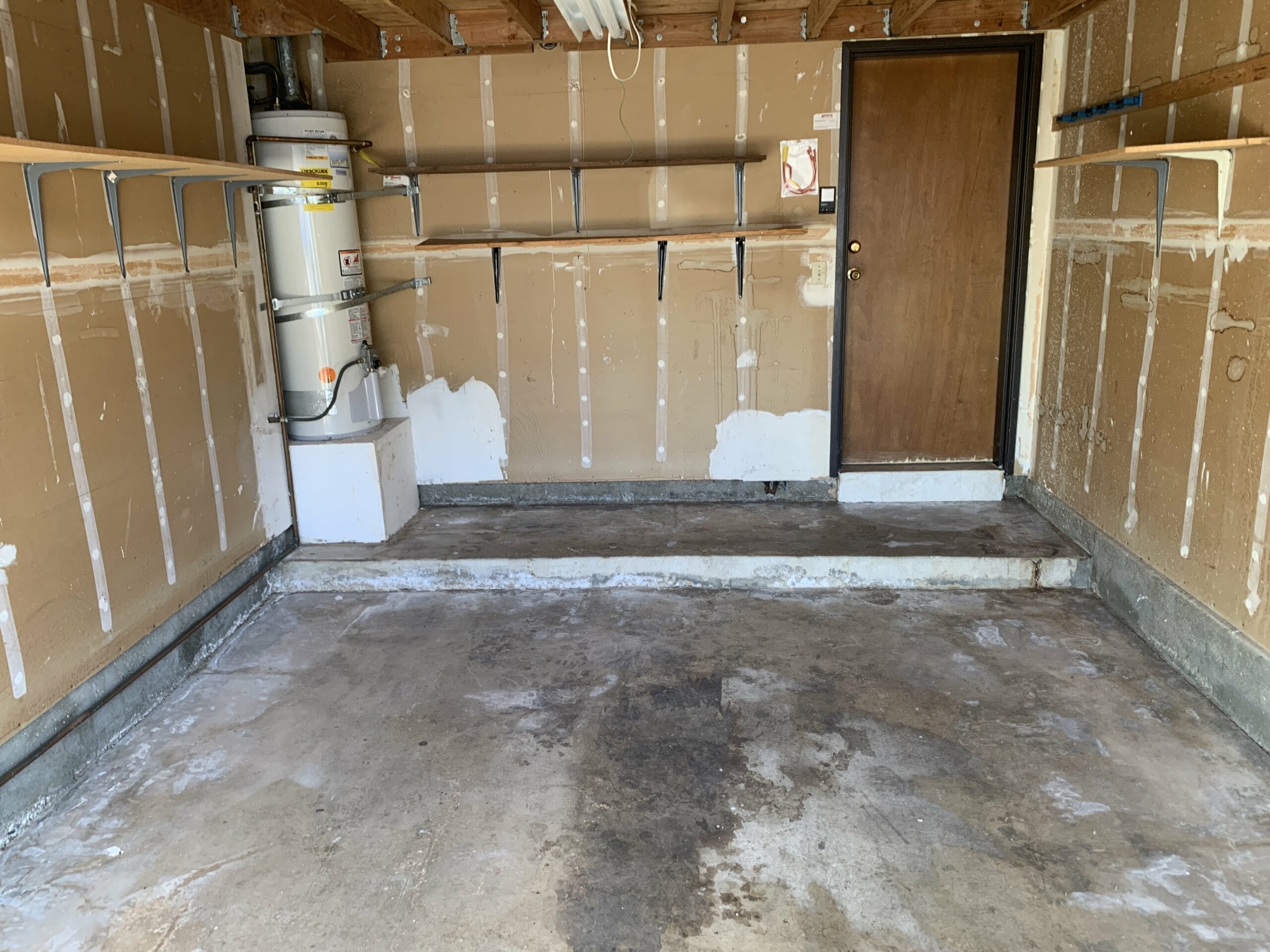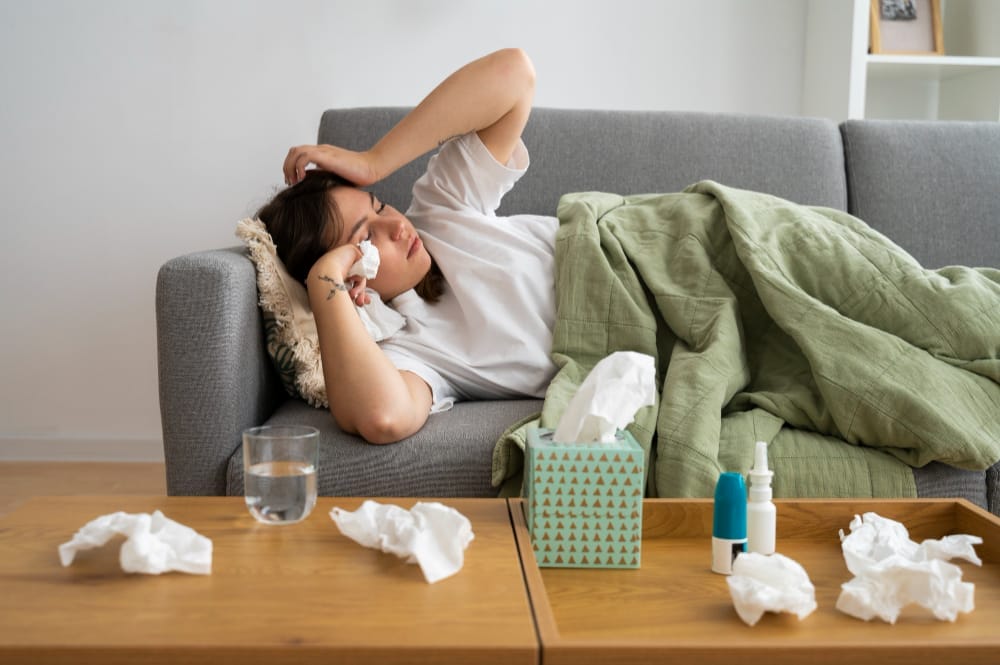
Imagine settling down for the evening after a long day, ready to relax in the serenity of your own home, when suddenly you hear a scuttling sound from the walls or ceiling. Got a creepy feeling? You may not be alone. This could potentially be a sign of an unwelcome guest: rodents. These not-so-cute critters can indicate an infestation that could wreak havoc in your home, if not dealt with promptly. In this blog, we'll guide you through the tell-tale signs of a rodent infestation, so you can recognize the red flags and act accordingly to protect your home and health.

Unusual noises: Squeaking, Scratching, and Running in Walls and Ceilings
Rodents are not known for their quietness, and they can cause quite a ruckus in your home. If you start hearing strange noises like squeaking, scratching, or the sound of tiny feet running on walls and ceilings, it’s highly likely that you have rodents living in your home. These pesky creatures tend to be most active at night when they come out to search for food, so if you’re hearing these noises during the evening or nighttime, it’s a strong indicator of an infestation.
Foul odors: Strong and Pungent Smells
Rodents have a distinct smell that can be quite unpleasant. If you notice any unusual or pungent smells in your home, especially in confined spaces like closets, attics, or crawl spaces, it could be a sign of rodent activity. This odor is caused by their urine and droppings, which can accumulate quickly in an infested area. Strong smells are the most common signs of a rodent infestation.

Visible droppings: Small and Dark Pellets
One of the most obvious signs of a rodent infestation is the presence of droppings. These small and dark pellets can be found in areas where rodents frequently pass through or nest, such as along walls, near food sources, and under sinks. If you notice an increase in these droppings around your home, it’s likely that you have an active rodent population living with you.
Gnaw marks: Chewed and Damaged Items
Rodents have a constant need to chew in order to keep their teeth from overgrowing, so they will often gnaw on anything they can find. This includes wood, plastic, wires, and even insulation. If you notice any unusual gnaw marks on household items or structural damage in your home, it could be a sign of rodent activity.

Damage to Electrical Wiring from Gnawing
Keep an eye out for chewed wires, which can pose a fire hazard, and holes in walls or floors that could signify a larger infestation. As they gnaw on wires, they can create exposed and damaged wiring that can lead to short circuits and potentially start a fire. This is particularly dangerous because rodents are most active at night when you may be unaware of their presence.
Nests: Shredded Materials and Nesting Materials
Rodents will create nests using any materials they can find, such as paper, cloth, and insulation. If you come across a pile of shredded materials, it could be a sign that rodents are building a nest in your home. Common nesting areas include attics, crawl spaces, and basements.

Health Complications from Exposure to Rodents and Their Nests
Aside from the structural damage they can cause, rodents also pose health risks to humans through their droppings, urine, and bites. These materials can spread diseases such as hantavirus, salmonellosis, and leptospirosis. In addition, rodent nests can harbor other pests like fleas and ticks that can transmit diseases to humans.
Learn more: Common Diseases from Rodent Infestations: How To Stay Safe
How Bio-One of South OC Can Help
If you notice signs of a rodent infestation in your home, it is important to take action immediately. Contact Bio-One of South OC for professional rodent removal and cleanup services. Our trained technicians can safely remove rodent waste, clean up any damage or contamination, and implement preventative measures to keep them out in the future.
Don't let rodents cause further damage to your home or put your health at risk – trust the experts at Bio-One of South OC to handle the problem. We also offer biohazard cleanup services for any potential contamination caused by rodents!


